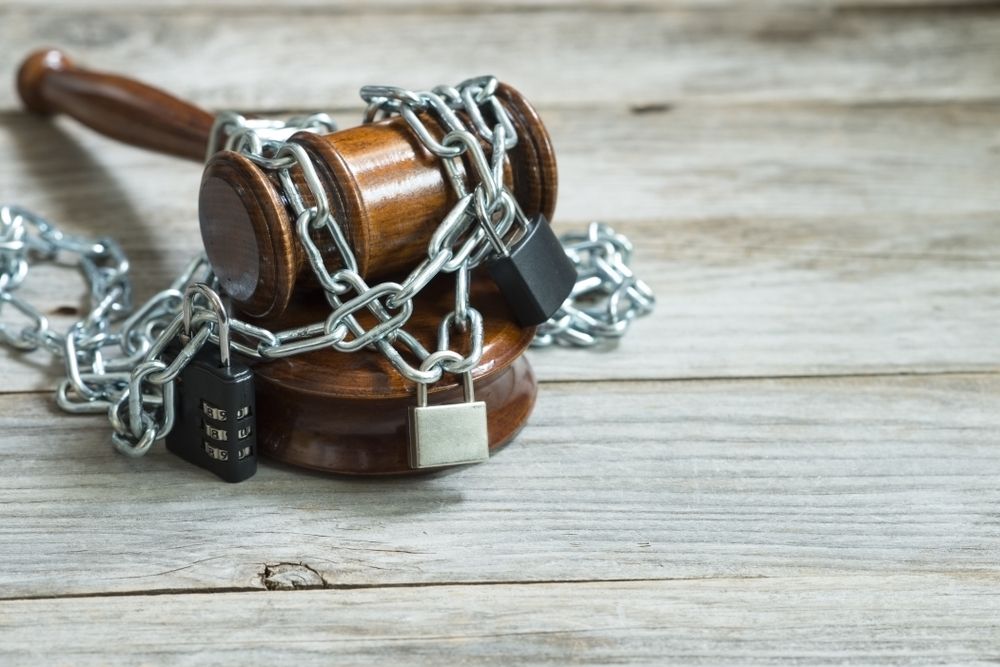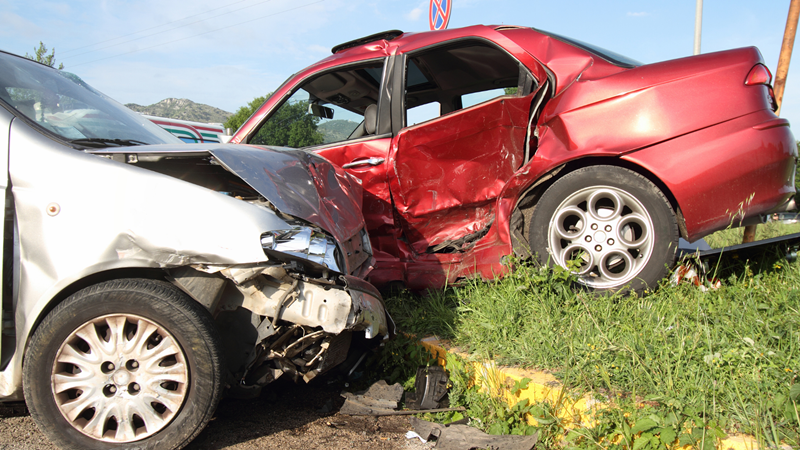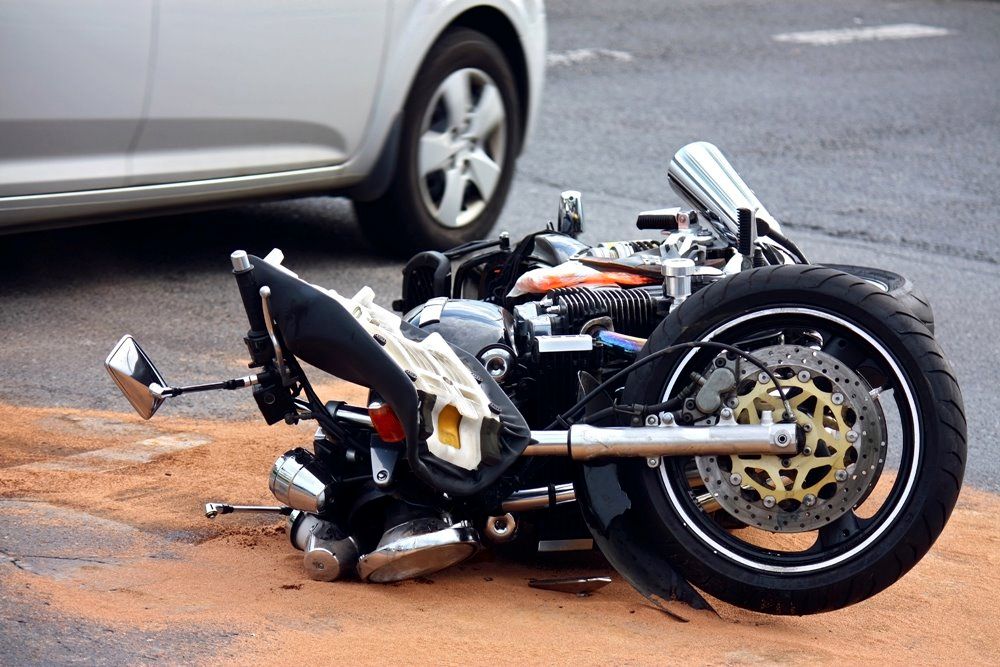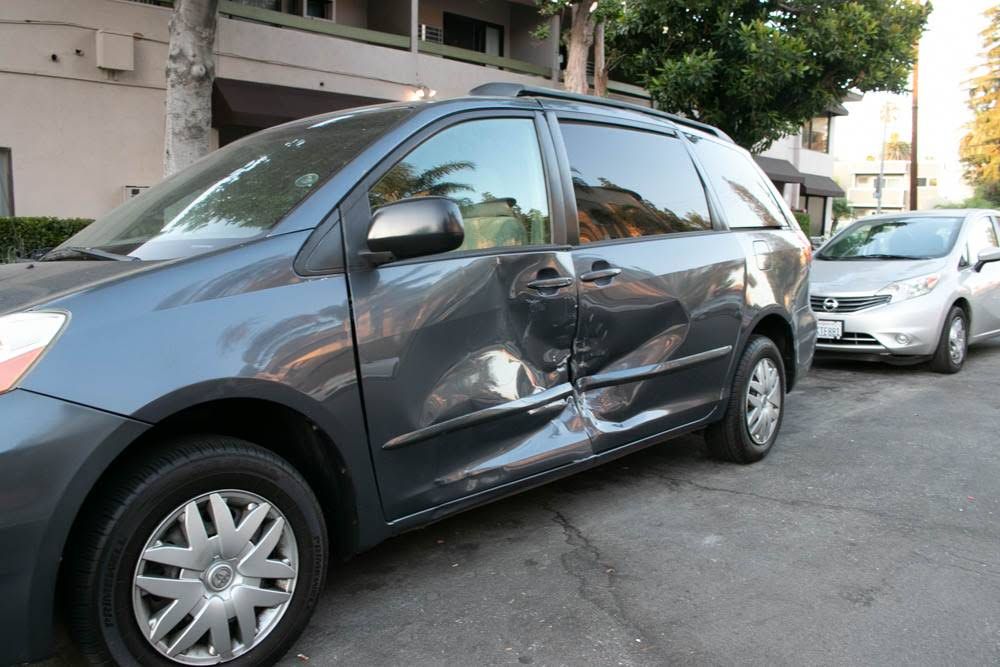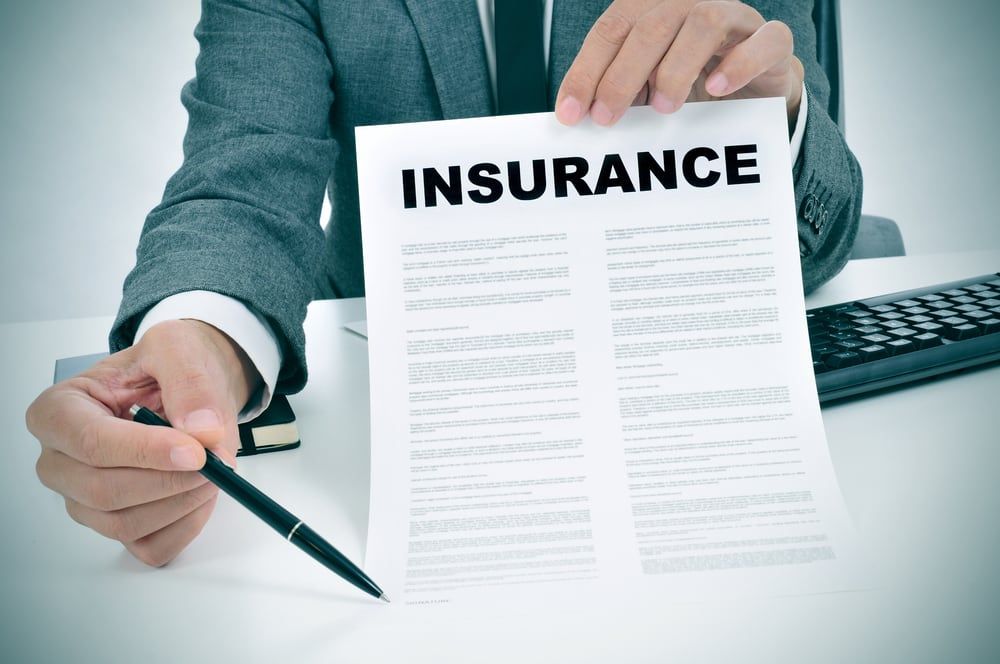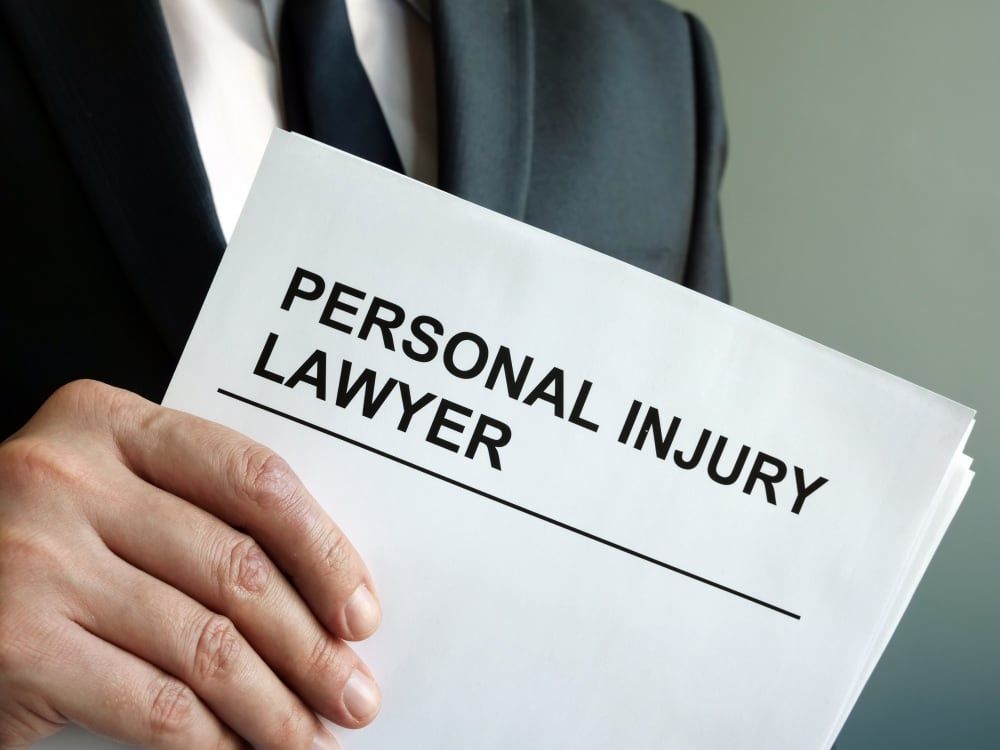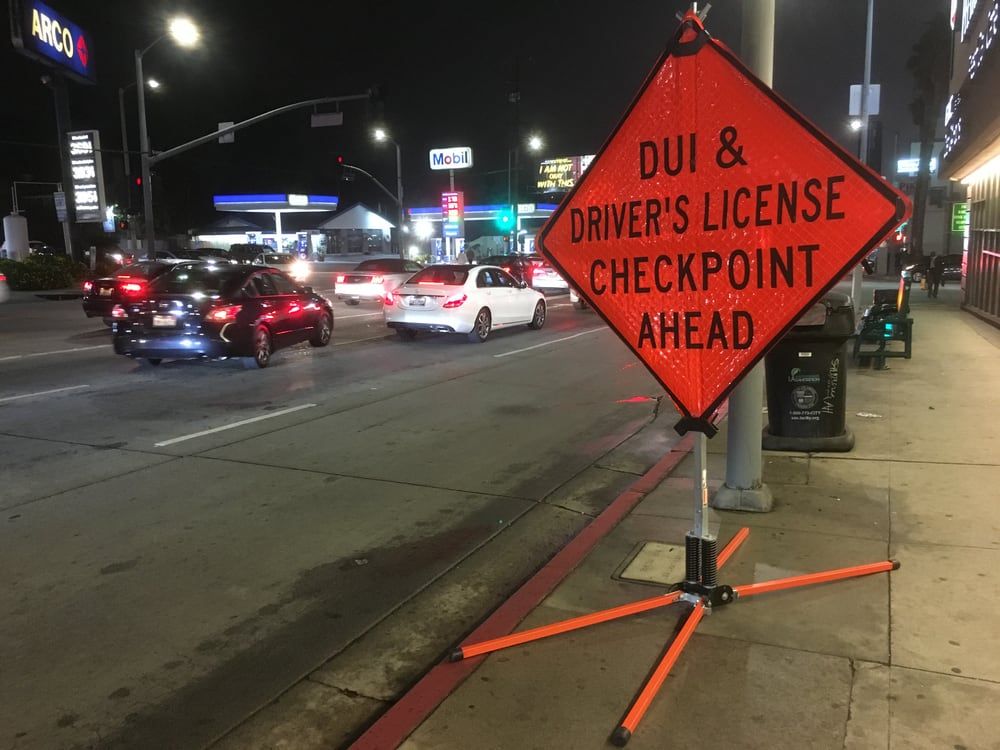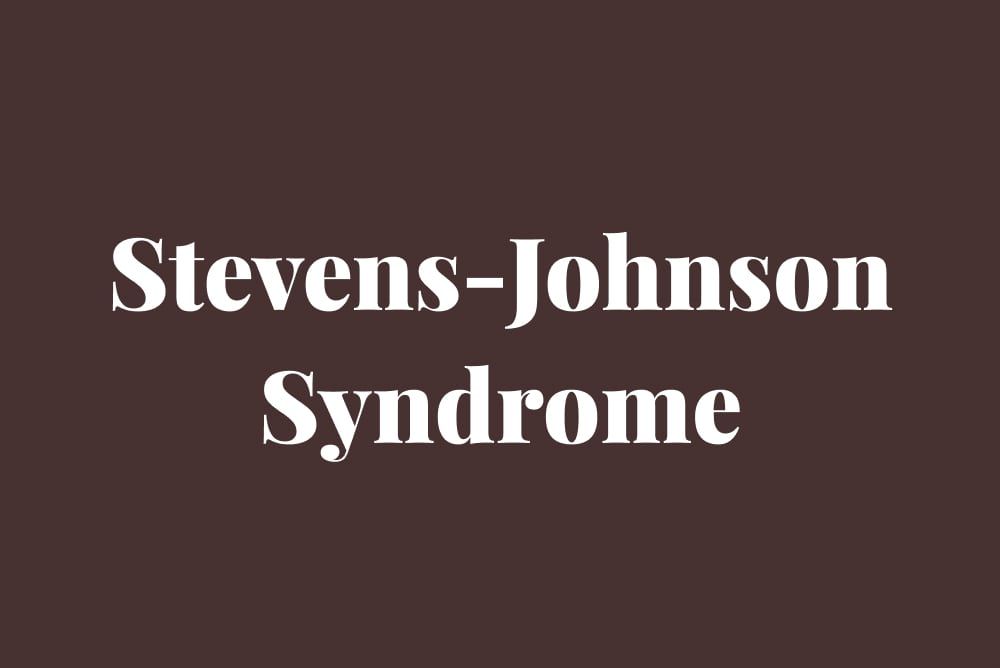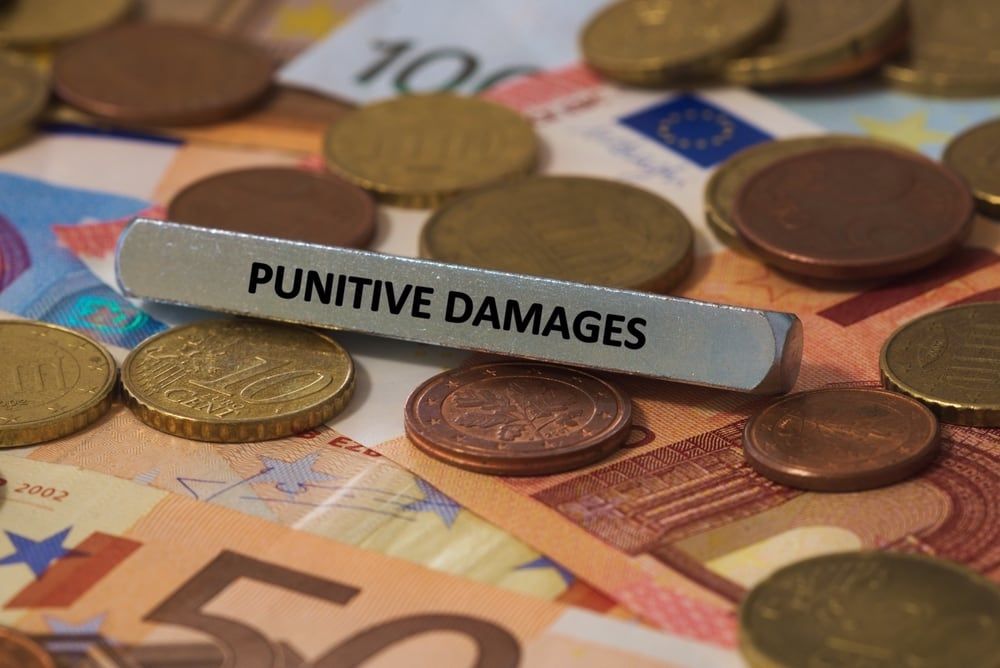Insurance On Lease Cars
Jeremy Schiowitz

When you lease a car in the state of New York, insurance is a crucial component of the agreement that protects both you and the leasing company from financial loss in case of theft, damage, or an accident. Typically, leasing companies require a more comprehensive insurance coverage than you might normally choose for a car you own. This is to ensure the leased vehicle remains in excellent condition and retains its value throughout your lease term.
Your lease agreement will detail the minimum insurance requirements you must maintain that satisfy the contract and fulfill your obligations with New York’s state requirements for insurance. These often include higher liability limits, collision coverage, and comprehensive insurance. Collision coverage takes care of expenses related to the repair of the car if you’re involved in an accident, while comprehensive insurance covers non-collision-related incidents, such as vandalism or weather damage.
Keep in mind that leasing companies may also require gap insurance. This type of insurance is designed to cover the difference between the amount you owe on the lease and the actual cash value of the car if it is totaled or stolen. Without gap insurance, you could find yourself paying out of pocket for a vehicle you no longer have use of, so it’s an important safeguard during your lease term.
Understanding Insurance Coverage for Lease Cars in New York
When leasing a car, insurance coverage is crucial not only to comply with legal requirements but also to protect your financial interests in the event of damages or loss.
Types of Insurance Policies
Liability Insurance: This is mandatory in most states, including New York, and covers damages caused by you to other cars or property and medical bills if others are injured in an accident you cause.
- Collision Coverage:
Pays for damages to your leased car resulting from a collision, regardless of who is at fault.
- Comprehensive Coverage:
Protects you against non-collision-related incidents such as theft, vandalism, natural disasters, and encounters with animals.
- Personal Injury Protection (PIP):
It covers medical expenses for you and your passengers, regardless of who caused the accident.
- Uninsured/Underinsured Motorist Protection:
In cases where the at-fault driver does not have sufficient insurance, this policy covers your losses. Uninsured motorist protection coverage is required for all drivers in the state of New York, whether they lease or own their vehicles.
Typically, your lease agreement will require you to have comprehensive and collision coverages in addition to liability insurance. Always check the minimum requirements stipulated in your lease contract.
Determining Appropriate Coverage for Leased Vehicles in New York
To determine the appropriate level of insurance coverage for your lease car, consider the following factors:
- Lease Terms: Review your lease agreement for minimum insurance requirements.
- Car Value: More expensive cars may require higher coverage limits to ensure adequate protection.
- Driving Habits: Factor in your average mileage and driving record.
- Financial Safety Net: Assess your personal financial situation to determine how much risk you can absorb.
While selecting a policy, make sure that the coverage limits are at least equal to the value of the leased vehicle. Remember that leasing companies often require higher coverage limits than those mandated by New York state law.
Financial Implications and Cost Management
Insurance on leased cars affects your overall leasing costs significantly and requires careful management to ensure affordability and compliance.
Analyzing Lease Insurance Costs
You need to be aware that lease agreements typically mandate higher insurance coverage levels than those for financed vehicle purchases. This usually translates to a comprehensive and collision policy with lower deductibles . When evaluating lease insurance costs, look at specific factors:
- Lease agreement stipulations : These detail the required coverage amounts.
- Insurance company rates : Premiums can vary widely among providers.
- Your driving record : A cleaner record can result in lower premiums.
Minimizing Insurance Expenses
Reducing your insurance expenses on a leased car involves several strategies:
- Shop around for competitive insurance quotes from insurers who service the state of New York.
- Bundle insurance policies (like auto, home, life) for discounts.
- Increase your deductibles to lower premiums, if allowed by your lease terms.
- Maintain a good driving record to avail lower rates.
- Use safety and anti-theft devices in your vehicle to possibly reduce rates and protect yourself from becoming the victim of a crime, especially if you reside in New York City.
Handling Insurance Claims
If you have an insurance claim, handling it swiftly and correctly is imperative. Start by:
- Reporting the accident to both the insurance company and leasing company immediately.
- Documenting all details of the incident and repair process.
- Always following the insurance company’s claim process carefully to avoid discrepancies that could lead to lease violations.
If you experience difficulties getting the compensation you deserve after a crash, you may need the legal representation of a car accident lawyer or a truck accident lawyer.







